Scholarships for Movement-Based Master’s Degree in Agroecology and Food Sovereignty
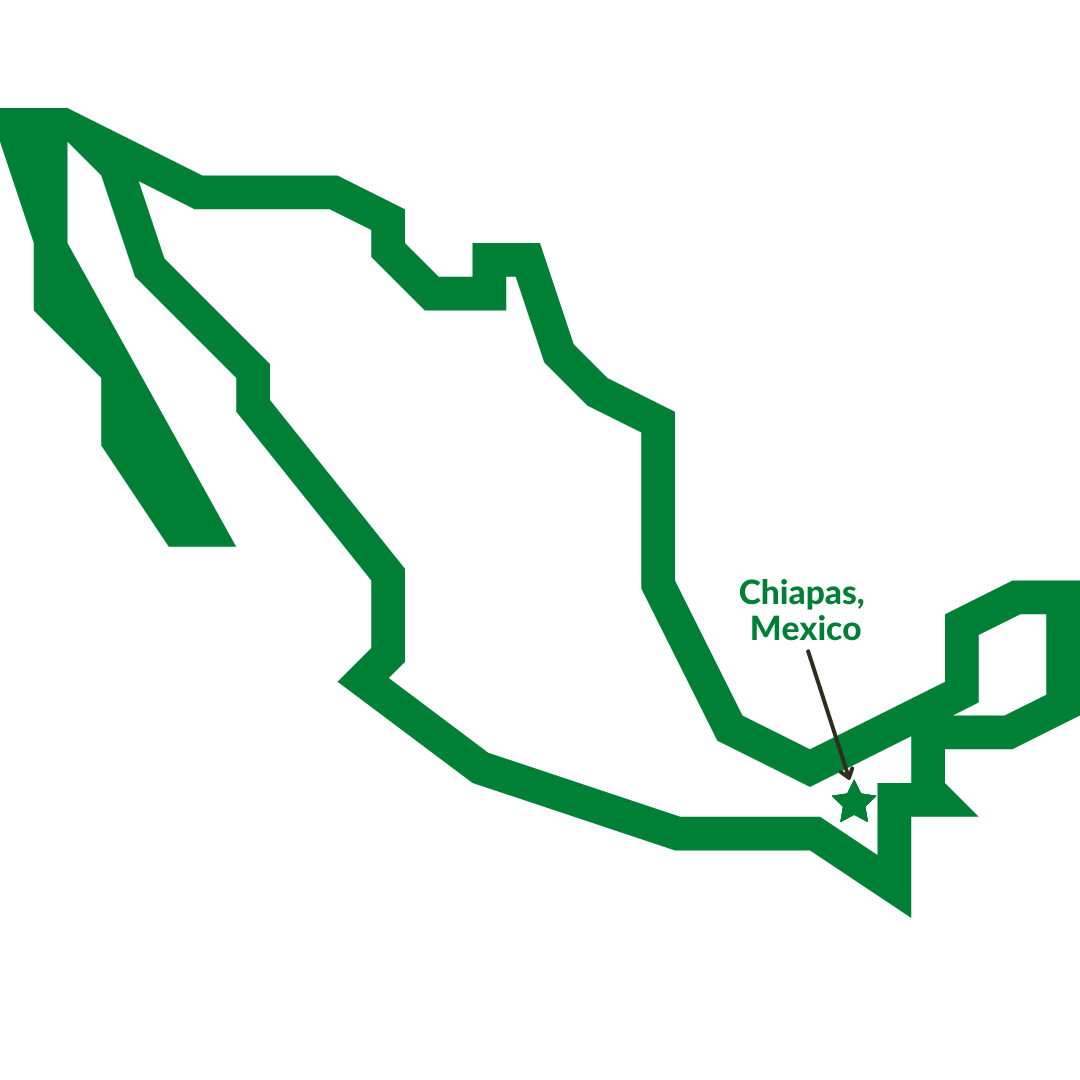
HOST ORGANIZATION
The Colegio de la Frontera Sur (ECOSUR)
LOCATION
Chiapas, Mexico
ABOUT THE PROJECT
We live in a world that increasingly suffers from the negative effects of the industrialized food system. It is destroying the environment, exploiting farming and rural communities, negatively affecting diets around the world, and stripping communities of their connection to food and culture. The undermining of peasant organizations; the lack of awareness of the general population as to where, how, and who produces the food it consumes; contempt and racism towards local knowledge and peasant ways of life; and society's lack of trust towards academic institutions have all created a disconnect between communities and our food systems.
Agroecology offers a timely solution to the puzzle humanity finds itself in. ECOSUR's research and analysis carried out on Agroecology Massification has identified key elements that will bring this agroecology to a territorial scale. Traditional master's programs in agroecology provide tools for an academic career that do not adequately prepare those who work with peasant-indigenous organizations, in basic education schools, or in agroecological markets. Many of these fields of study are centered around colonial teaching methods and discredit local and Indigenous knowledge, disconnecting people from their communities and lands.
The Colegio de la Frontera Sur (ECOSUR) recognized the need to have training spaces rooted in the experiences, knowledge, and work of peasant and social organizations to build an agroecology education model grounded in justice, respect, and sovereignty. Grow Ahead is working with ECOSUR to crowdfund scholarships for 8 students from Central and South America to study for a Professional Master's Degree in Agroecology for Food Sovereignty.
ABOUT THE PROGRAM
The Colegio de la Frontera Sur’s (ECOSUR) Professional Master's Degree in Agroecology for Food Sovereignty was developed in response to a need for an inclusive educational proposal that incorporates different dimensions of knowledge and social demands to make a relevant educational experience for peasant communities. This proposal builds and reinforces the existing alliances between teachers, cadres, members of peasant organizations, civil organizations, consumer groups, peasant schools, and academic institutions committed to creating an education from an ethical, diverse, multicultural, de-colonial, international, anti-patriarchal, and anti-racist perspective. Likewise, it promotes the production of healthy food and the redesign of agricultural landscapes under the principles of justice and respect for the environment and all living beings. This educational model works to 1) reestablish the relationships between urban-rural communities and 2) conserve bio-cultural diversity and the identities rooted in it.
The program is a training space for professionals from Mexico and Latin America with a degree or engineering level in the following areas of knowledge: rural development, agroecology, agronomy, ecology, biology and the like, veterinary medicine, gastronomy, forestry, education, pedagogy, rural sociology, anthropology, or economics. It is also offered to technicians, leaders, and members of social organizations (i.e. social movements, peasant and Indigenous organizations, cooperatives, unions, collectives, associations, community organizations, networks, platforms, coordinators, civil associations, etc.), educators, and people who work in rural and urban areas in processes of peasant agriculture, agroecology, and/or food sovereignty, local food systems, urban agriculture, solidarity economy, and related topics. The goal is to find folks who aspire to complement their practical experience with academic research and who wish to systematize and analyze the experiences of their organizations and movements, with the aim of strengthening social processes with multiplier potential.
The master's degree aims to increase knowledge, understanding, and application of agroecological practices in more communities and territories. This will allow the inclusion of more people in the processing, distribution, and consumption of food produced in an agroecological way.
The program draws from previous experience of members of social organizations and educators in different fields of agroecology, whom, across different contexts, can reflect on the concrete problems they and their communities face. ECOSUR’s goal is to train active students who will transform their own reflections into new proposals, skills, and ways of thinking. Utilizing participatory action research, constructivism, and critical pedagogy, the students share their diverse experiences in the workspaces, movements, and organizations to which they belong to critically analyze those experiences with learned theoretical approaches. This helps combine political and scientific methods of critical thinking as relates to agroecology, as well as incorporates methodological processes for facilitation of organizational processes. The proposal echoes the movement for decolonizing education, which serves as a tool to promote social transformation.
Through this educational offer, ECOSUR is contributing to the community work already underway, through which the student body develops communication skills, popular education, and community organization. They intend the graduate to have theoretical-methodological tools that allow them to improve their capacities as facilitators of change and to create collective transformation through the co-construction of scientific, political, and methodological skills for the scaling of agroecology and food sovereignty.
Students will complete three phases to graduate from the Master’s Program:
- Preparation for professional practice: These are both compulsory and optional face-to-face courses that allow the collective construction of knowledge and provide sufficient skills and knowledge for a holistic and critical approach in practice.
- Professional practice: An immersion in organizations, schools, or other groups that work on agroecology is proposed in order to broaden experience and professional practice.
- Development of the terminal work or thesis: The program concludes with a synthesis of the process experienced during professional practice (see Degree Options below).
ABOUT THE STUDENTS
Luisa Fernanda Palacios Aldana
Colombia (currently residing in Mexico)
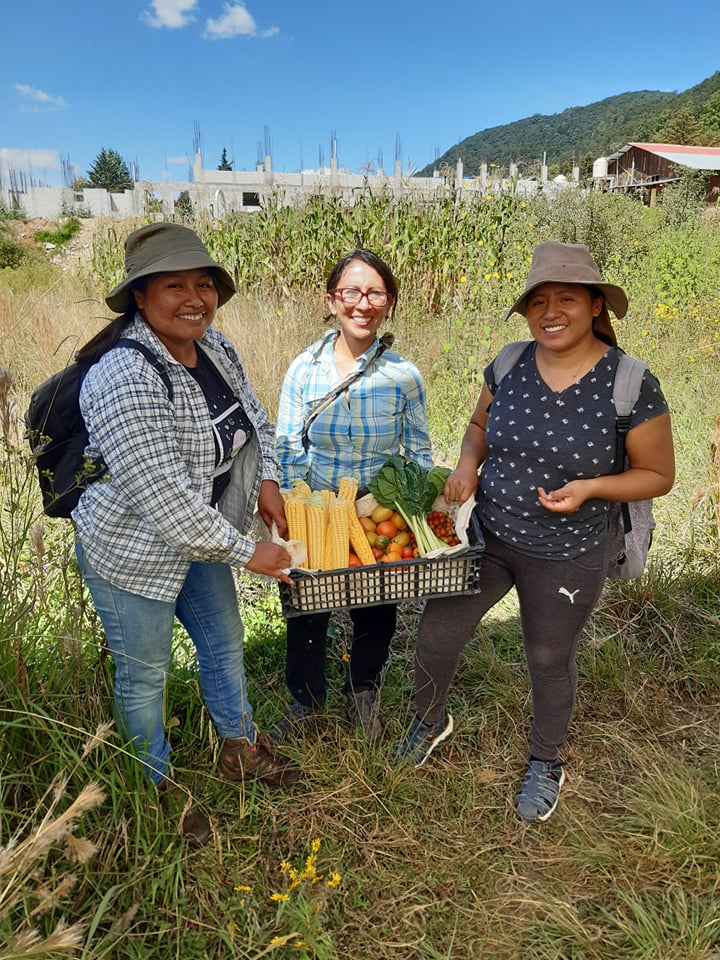 Woman, biologist, mother, feminist, migrant. Currently I am part of the teaching group of the Degree in Sustainable Self-Management of the Territory offered by the Institute of Higher Education in Sustainable Human Development Moxviquil, located in San Cristóbal de Las Casas, Chiapas. The teaching group works with people from Indigenous and peasant communities. From this undergraduate program, agroecological techniques and principles are shared through popular education and participatory pedagogies that encourage two-way feedback. This allows students to bring knowledge from their territories to school, and can share what they have learned in their communities, which allows sharing knowledge, visions about the territory, concerns, dreams and alternatives, among other things. Hearing how important it is for them and them to participate in this degree, learning from their colleagues, facilitators and facilitators, and having the possibility of taking this knowledge and transmitting it in their communities, has motivated me to fill myself with tools and knowledge to contribute to the strengthening of the educational commitment of this learning community.
Woman, biologist, mother, feminist, migrant. Currently I am part of the teaching group of the Degree in Sustainable Self-Management of the Territory offered by the Institute of Higher Education in Sustainable Human Development Moxviquil, located in San Cristóbal de Las Casas, Chiapas. The teaching group works with people from Indigenous and peasant communities. From this undergraduate program, agroecological techniques and principles are shared through popular education and participatory pedagogies that encourage two-way feedback. This allows students to bring knowledge from their territories to school, and can share what they have learned in their communities, which allows sharing knowledge, visions about the territory, concerns, dreams and alternatives, among other things. Hearing how important it is for them and them to participate in this degree, learning from their colleagues, facilitators and facilitators, and having the possibility of taking this knowledge and transmitting it in their communities, has motivated me to fill myself with tools and knowledge to contribute to the strengthening of the educational commitment of this learning community.
Adriana Marina Baldeón Musetti
Quito, Ecuador
Human being, woman, mother, daughter companion… popular educator with more than 15 years of experience, agroecology activist in various peasant social movements in Latin America. Adriana is currently part of the social political movement “Escuela del Agua Ecuador”and the “Schools of Faith and Politics” which articulate with various fronts at the national and regional level. She is part of the National Committee of Peasant and Community Family Agriculture of Ecuador, a space for the creation of public policies for Peasant Family Agriculture and the strengthening of the transition towards sustainable agroecological systems, for an agriculture of life!
Antonia Girón López
Chiapas, Mexico
 I am Antonia Girón López, I have a degree in Sustainable Development from the Intercultural University of Chiapas. I am from San Cristóbal de Las Casas, with Tzeltal origins from Tenejapa, Chiapas. I work with the civil association Solidaridad y Lucha por un Mundo Different (SOLMUNDI) as a technician in Agroecology. In this space I have managed to develop professionally and above all learn about community processes with an agroecological and food sovereignty approach. My journey of 7 years with SOLMUNDI has provided me with experience that encourages me to continue with a professional educational training and encouraged me strengthen my learning, through a master's degree in Agroecology in the Colegio de la Frontera Sur (ECOSUR) based in San Cristóbal de Las Casas.
I am Antonia Girón López, I have a degree in Sustainable Development from the Intercultural University of Chiapas. I am from San Cristóbal de Las Casas, with Tzeltal origins from Tenejapa, Chiapas. I work with the civil association Solidaridad y Lucha por un Mundo Different (SOLMUNDI) as a technician in Agroecology. In this space I have managed to develop professionally and above all learn about community processes with an agroecological and food sovereignty approach. My journey of 7 years with SOLMUNDI has provided me with experience that encourages me to continue with a professional educational training and encouraged me strengthen my learning, through a master's degree in Agroecology in the Colegio de la Frontera Sur (ECOSUR) based in San Cristóbal de Las Casas.
The knowledge that each of my colleagues will contribute in the agroecological context during this master's degree process, will help me to replicate it with the Indigenous community groups with which I collaborate, reinforcing with the experiences and extensive trajectory of the teachers who make up the staff of the Master's in Agroecology.
Elda del Carmen Acosta
Mexico City
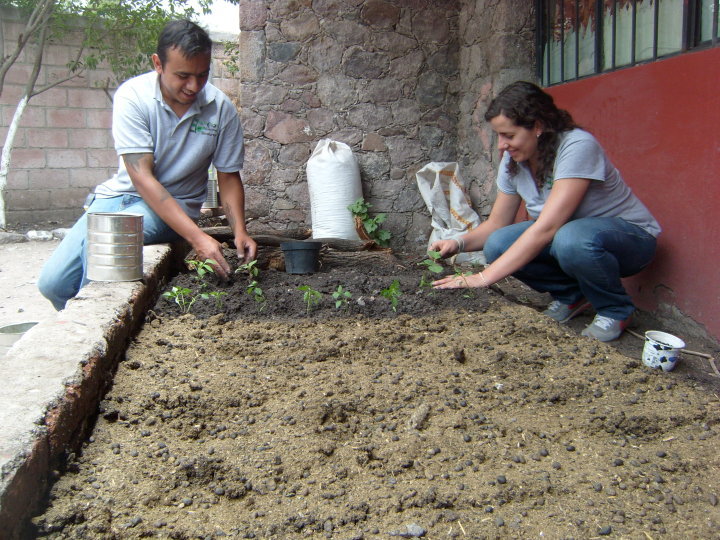 I am a Mexican woman biologist by profession. I have worked for more than 10 years in the field of civil organizations carrying out projects that have food sovereignty as the main goal in rural and urban communities of the country. I focus on working with women, girls, boys and adolescents. These projects add gardens with a focus on agroecology to contribute to the generation of healthy food for families.
I am a Mexican woman biologist by profession. I have worked for more than 10 years in the field of civil organizations carrying out projects that have food sovereignty as the main goal in rural and urban communities of the country. I focus on working with women, girls, boys and adolescents. These projects add gardens with a focus on agroecology to contribute to the generation of healthy food for families.
I collaborate with Conscience and Research for Health, AC, a non-profit NGO created in 2000 that seeks to contribute to the well-being of people through programs focused on integral health, food and ecology issues.
Mercedes Karolina Torrez Evell
Ocotal, Nicaragua
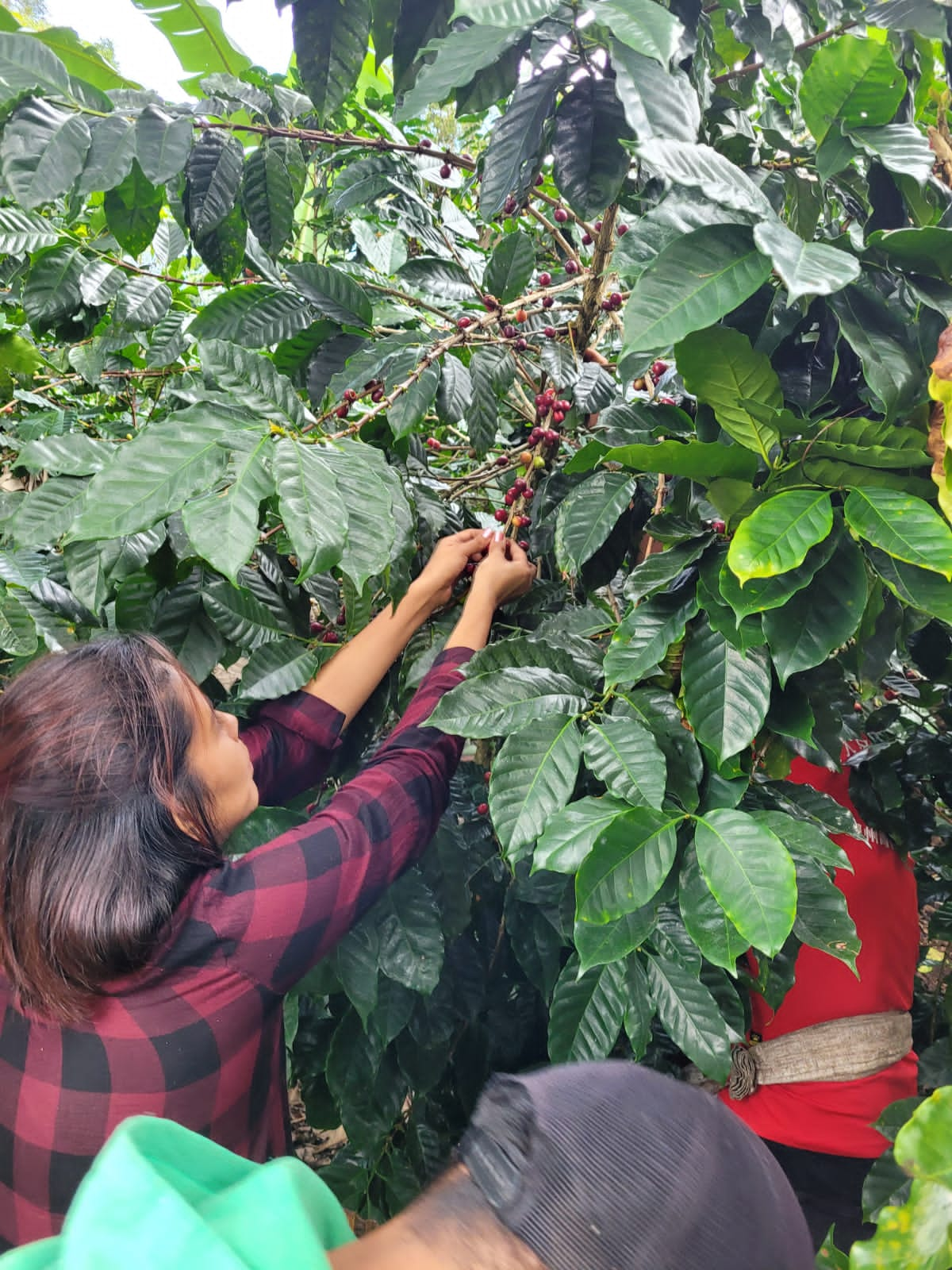 I was born 32 years ago in the mountains of Nueva Segovia, Nicaragua. I am a proud pine grower and daughter of a working mother and father. I am a person who believes in the land struggle and the emancipation of peasant women and men through peasant and popular feminism. I decided to study agronomy because I am always interested in the function of plants and how a small seed can transform and be able to feed us. In 2017 I organized myself in the ATC Matagalpa but it was until 2018 that I began to hear about the IALA Agroecological Institute and the approach of agroecology, popular education and liberating education that state universities do not teach. In 2019 I began my adventure as a facilitator of the IALA, a school envisioned by La Via Campesina, designed for sons and daughters of peasants who were organized in social movements. This idea caught my attention and I joined that struggle, for that same reason that I entered school, to specialize in technical education and professional training that will provide me with the tools that will help me to dialogue and exchange with the students. I believe in continuous training that is why this Master in Agroecology will help me to exchange my knowledge and be a part of a group of integral human subjects aligned with the ideals of the social movement.
I was born 32 years ago in the mountains of Nueva Segovia, Nicaragua. I am a proud pine grower and daughter of a working mother and father. I am a person who believes in the land struggle and the emancipation of peasant women and men through peasant and popular feminism. I decided to study agronomy because I am always interested in the function of plants and how a small seed can transform and be able to feed us. In 2017 I organized myself in the ATC Matagalpa but it was until 2018 that I began to hear about the IALA Agroecological Institute and the approach of agroecology, popular education and liberating education that state universities do not teach. In 2019 I began my adventure as a facilitator of the IALA, a school envisioned by La Via Campesina, designed for sons and daughters of peasants who were organized in social movements. This idea caught my attention and I joined that struggle, for that same reason that I entered school, to specialize in technical education and professional training that will provide me with the tools that will help me to dialogue and exchange with the students. I believe in continuous training that is why this Master in Agroecology will help me to exchange my knowledge and be a part of a group of integral human subjects aligned with the ideals of the social movement.
María Camila Torres Romero
Colombia
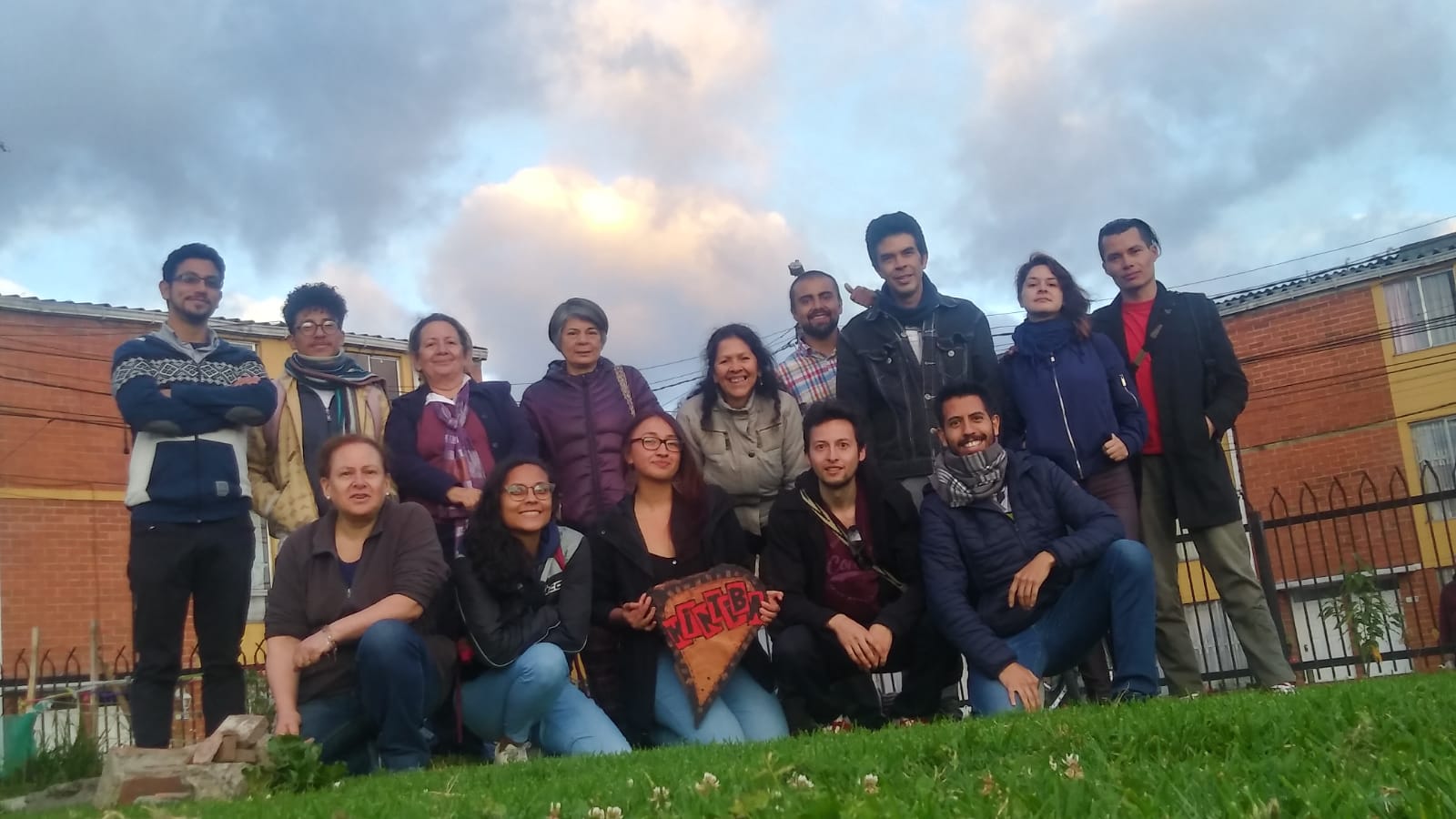 I am a social worker at the Universidad Colegio Mayor de Cundinamarca in Colombia. I am a researcher and facilitator in social processes for the defense of human rights, community participation and research together with women and peasant communities and promoter of the relationship between the countryside and the city for Food Sovereignty.
I am a social worker at the Universidad Colegio Mayor de Cundinamarca in Colombia. I am a researcher and facilitator in social processes for the defense of human rights, community participation and research together with women and peasant communities and promoter of the relationship between the countryside and the city for Food Sovereignty.
I am a member of the community organization “Colectivo Integra-T and the Red de Huertas de Fontibón”, a group of organizations that promote urban agriculture as spaces for training and food autonomy in the town of Fontibón, Bogotá. I am also a collaborator of the Unitary Agricultural Union Federation (FENSUAGRO), a national agrarian organization and IALA María Cano, a Peasant University with whom we have jointly carried out coordination spaces in the alliance between the countryside and the city and the commitment to popular education for young people in the countryside that comes from an agroecological peasant agriculture perspective. Currently I work in the regional technical team of the Latin American Coordinator of Rural Organizations (CLOC), a part of LA VÍA CAMPESINA South America, facilitating spaces for organization, training and political advocacy for rural organizations in the region.
Débora Lidia Ramírez Rojas
Valparaíso, Chile
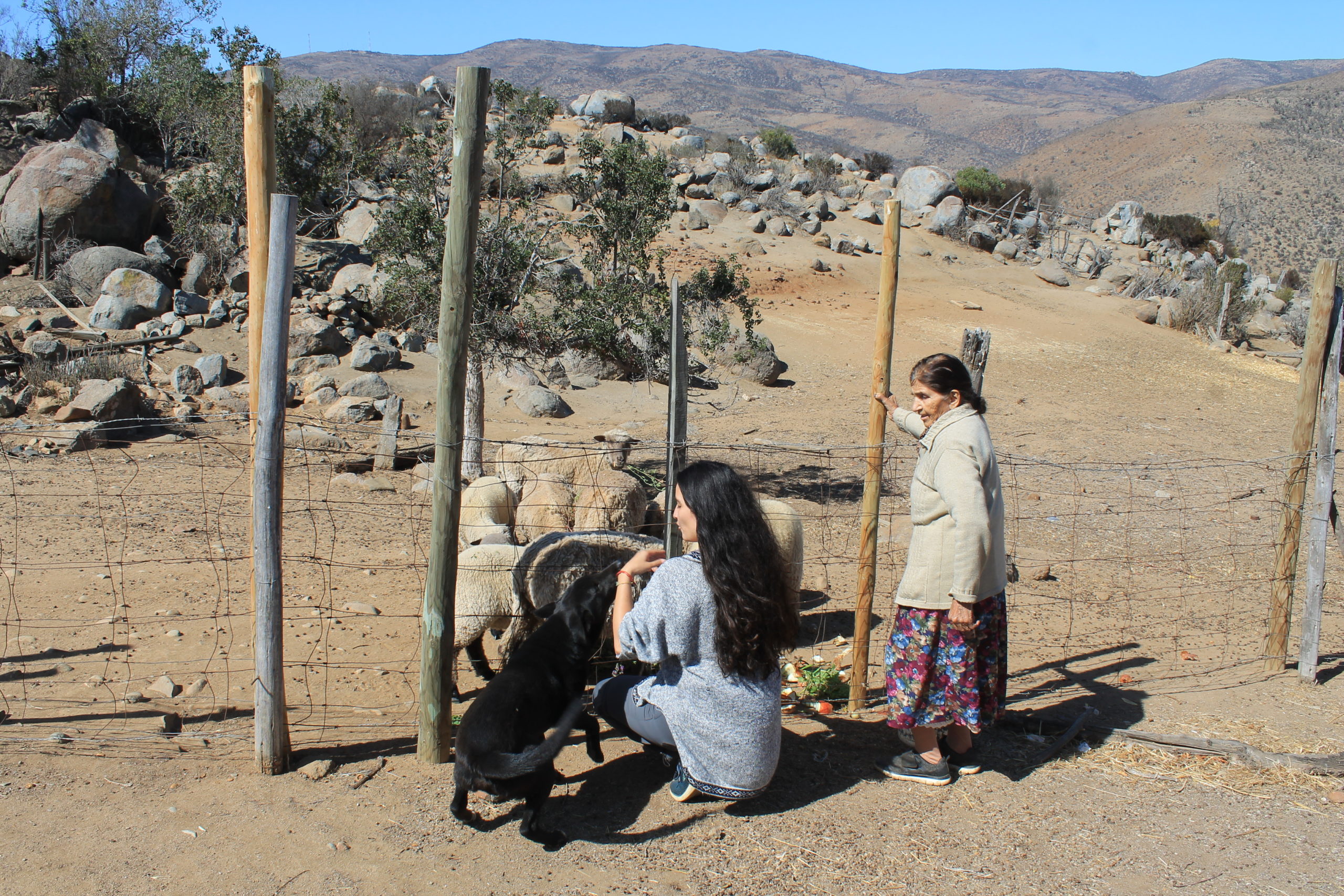 I am Débora Ramírez Rojas. I am Chilean and I grew up in the Biobío region, a region plagued by extractivism in multiple ways and thanks to the monoculture of pine trees and eucalyptus, there is currently a severe water shortage in an area where there was plenty of water a few decades ago. I am part of three organizations that through their networks seek to be a contribution in the resistance to the extractive economy, development of regenerative initiatives for the territory and the massification of these through different techniques, including agroecology. I was nominated for a master's degree for the World March of Women, with whom we have a history around food sovereignty and women's organizations, from there I collaborate with the Biobío Environmental Assembly (with more than 100 organizations and where I contribute as coordinator of community environmental management) and I am part of the Manzana Verde Foundation, with which we accompany organizations in the regenerative design and execution of initiatives to recover the soil in their territories and generate other economies.
I am Débora Ramírez Rojas. I am Chilean and I grew up in the Biobío region, a region plagued by extractivism in multiple ways and thanks to the monoculture of pine trees and eucalyptus, there is currently a severe water shortage in an area where there was plenty of water a few decades ago. I am part of three organizations that through their networks seek to be a contribution in the resistance to the extractive economy, development of regenerative initiatives for the territory and the massification of these through different techniques, including agroecology. I was nominated for a master's degree for the World March of Women, with whom we have a history around food sovereignty and women's organizations, from there I collaborate with the Biobío Environmental Assembly (with more than 100 organizations and where I contribute as coordinator of community environmental management) and I am part of the Manzana Verde Foundation, with which we accompany organizations in the regenerative design and execution of initiatives to recover the soil in their territories and generate other economies.
I come from a family of peasant women from the north of my country, who even now, at their advanced age, make great efforts to maintain their crops, dealing with the water crisis in an almost desert moved by a deep love for the land ... It is that same love that sprouts me in the Biobío territory that has welcomed me and that still has hopes of planting water and achieving food sovereignty
Iván Antonio Aguilar
Mexico City
 When I was a child, my parents took me for a walk to the field, pointing out all the plants that we found on the way, with a loving smile they showed me their names. Since then, without realizing it, they planted in me the seeds of love for my people and the place of my roots, San Antonio Tecomitl. That is perhaps why I have always loved nature.
When I was a child, my parents took me for a walk to the field, pointing out all the plants that we found on the way, with a loving smile they showed me their names. Since then, without realizing it, they planted in me the seeds of love for my people and the place of my roots, San Antonio Tecomitl. That is perhaps why I have always loved nature.
Naturally, time passed, I had to study and develop my mind, body and heart in the way of the city, not that it was bad, but I felt that something was missing. Fortunately, I read the phrase '... the true purpose of life is the cultivation and perfection of human beings ...', such a simple phrase touched my deepest fibers, I had moved away in many ways from my homeland and of what it represented to me; it was like a call.
Investigating a little, I realized that I should cultivate that seed that had been stored in me. I found that agroecology could help me create positive effects on my environment and rebuild that bridge with my past, but above all to give me a feeling of inner peace and satisfaction.
As a result, I decided to study agroecology. I did not imagine the horizons so 'utopian' that I reached, being honest I would describe it as 'a dream' come true. I got to work in many rural and urban localities, with groups of peasants and 'urbanícolas' of such diverse particularities and from many regions of our Mexico, where I left some other seeds that I harvested, but they also nourished my roots in a very significant way.
You see, cultivating the seed that we carry within can help us to connect with our own nature, to understand that, just as a seed transforms into a plant, our nature can help us cultivate the human mind and soul.
Now, what is my life purpose? Cultivate my mind, soul, heart and spirit, as well as help others to create the need for a search for their own philosophy of life through working with nature, generating projects that involve teaching about plant, animal, diversity, and culture topics.
Martínez Rodríguez Yeimi Yunieth
Managua, Nicaragua
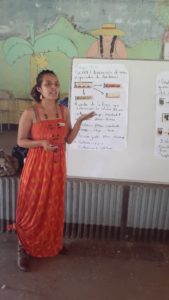 I am Yeimi Martínez, a young Nicaraguan daughter of a migrant country-to-city family, who grew up in an urban context, but found herself with her roots and struggles in the countryside. Today I walk through processes that contribute to change in the construction of just societies. I am a social anthropologist by profession with my heart set on agroecology and a popular trainer who, in order to strengthen her trench in the IALA-CLOC-VC-ATC, wishes to continue her professionalization process to acquire more tools to allow myself to contribute to training for agroecological territorialization as a route to achieve food sovereignty and improve the living conditions of the Nicaraguan people.
I am Yeimi Martínez, a young Nicaraguan daughter of a migrant country-to-city family, who grew up in an urban context, but found herself with her roots and struggles in the countryside. Today I walk through processes that contribute to change in the construction of just societies. I am a social anthropologist by profession with my heart set on agroecology and a popular trainer who, in order to strengthen her trench in the IALA-CLOC-VC-ATC, wishes to continue her professionalization process to acquire more tools to allow myself to contribute to training for agroecological territorialization as a route to achieve food sovereignty and improve the living conditions of the Nicaraguan people.
Andrea López López
Chiapas, Mexico.
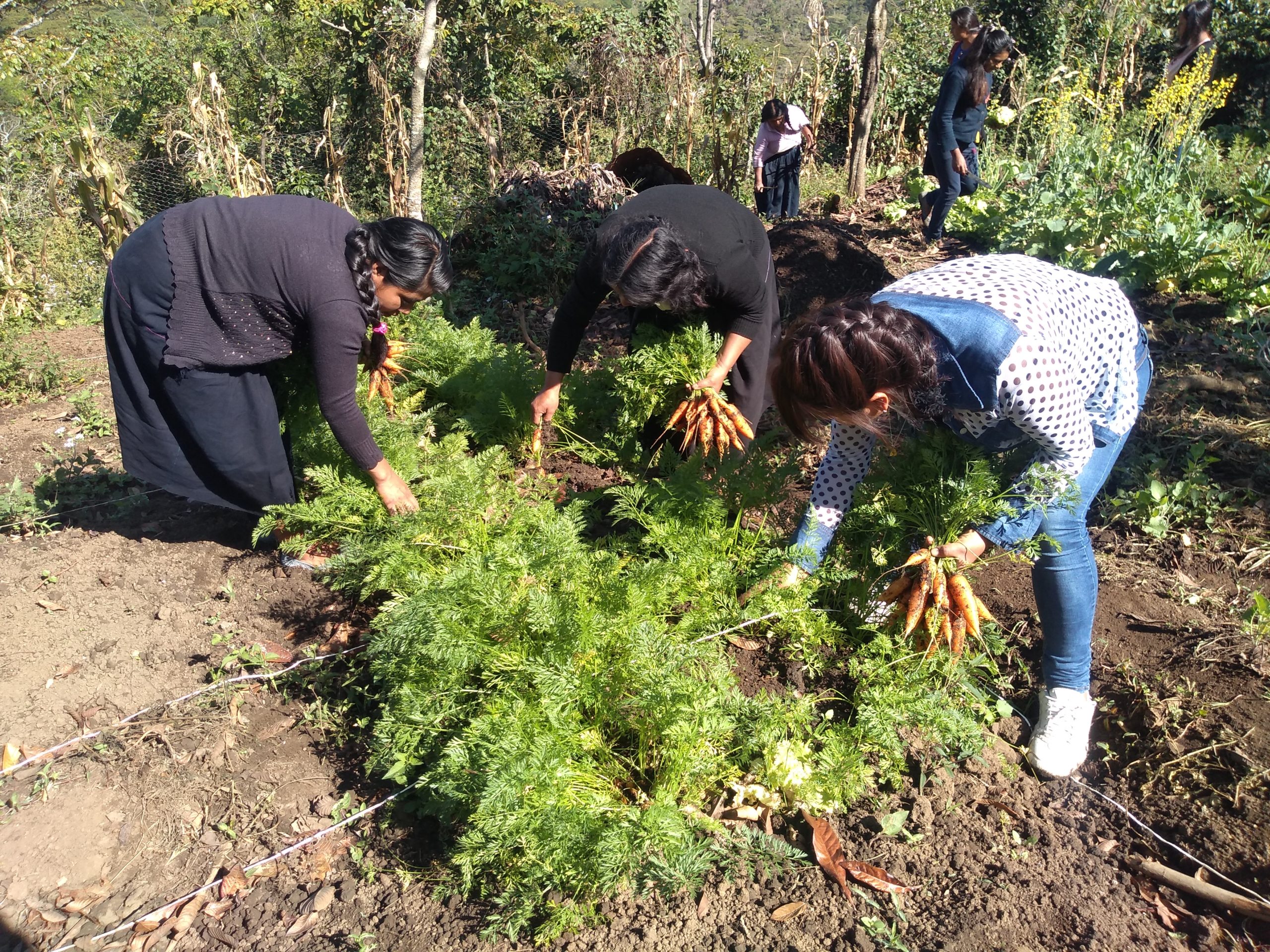 I am Andrea López López, originally from the community of Xulumo, Municipality of Aldama, Chiapas. I am a Tzotzil speaker. I graduated from the Degree in Sustainable Development from the Intercultural University of Chiapas and am currently collaborating in the agrobiodiversity project, specifically executing the initiative of "Community gardens”and “House of Seeds” in 5 municipalities of the Highlands of Chiapas (Santiago el Pinar, Tenejapa, Chalchihuitan, San Juan Cancuc and Pantelho), at the Institute for Sustainable Development in Mesoamerica AC (IDESMAC).
I am Andrea López López, originally from the community of Xulumo, Municipality of Aldama, Chiapas. I am a Tzotzil speaker. I graduated from the Degree in Sustainable Development from the Intercultural University of Chiapas and am currently collaborating in the agrobiodiversity project, specifically executing the initiative of "Community gardens”and “House of Seeds” in 5 municipalities of the Highlands of Chiapas (Santiago el Pinar, Tenejapa, Chalchihuitan, San Juan Cancuc and Pantelho), at the Institute for Sustainable Development in Mesoamerica AC (IDESMAC).
Mariño Becsy Briyith
Colombia
 I am Becsy Mariño from the border, the river, the jungle, the mountains and the savannah, raised among tamarind, mango, Creole chickens and a dynasty of dairy cows. Organized with peasants who defend their lives from the paramilitary advance and their African palm crops, organized for the substitution and not substitution of crops for illicit use. I am a manager of agroecological transition proposals. I care about the soil and its microbiology because we see what we see thanks to what we do not see. The work of microorganisms is not recognized like the feminized-reproductive work that sustains life and everything we see.
I am Becsy Mariño from the border, the river, the jungle, the mountains and the savannah, raised among tamarind, mango, Creole chickens and a dynasty of dairy cows. Organized with peasants who defend their lives from the paramilitary advance and their African palm crops, organized for the substitution and not substitution of crops for illicit use. I am a manager of agroecological transition proposals. I care about the soil and its microbiology because we see what we see thanks to what we do not see. The work of microorganisms is not recognized like the feminized-reproductive work that sustains life and everything we see.
'They sprayed me with glyphosate in cassava crops ...
They sprayed me with herbicide in tomato crops ...
The spraying is not for the plants, it is for the people.
My experience and work have focused on popular education, on stimulating participation and the fabric of community relations…'
Tiare Alexandra Suazo Torres
Chile
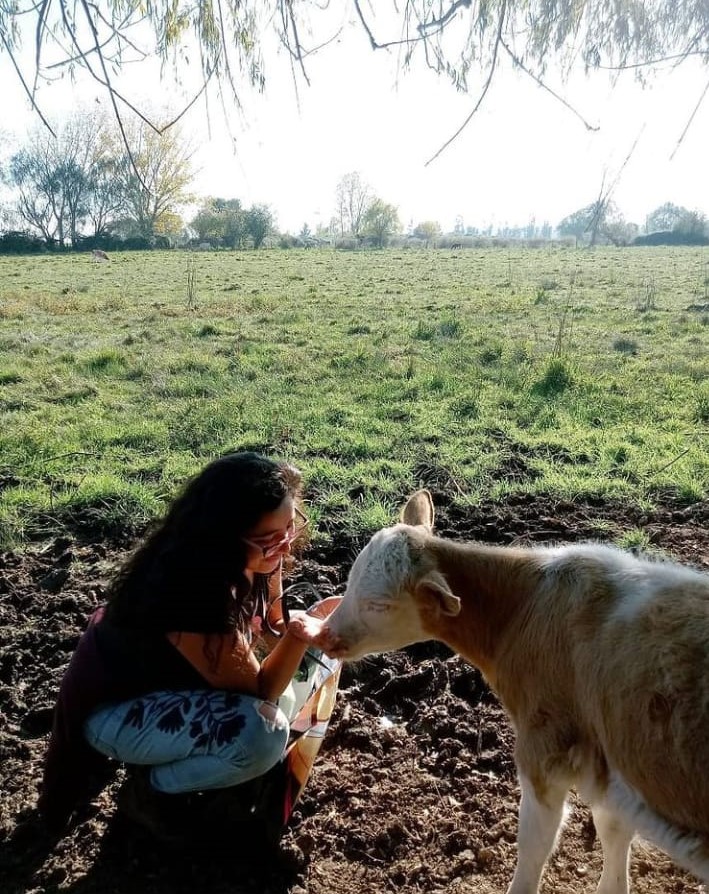 My name is Tiare Alexandra Suazo Torres, born in 1990 in the commune of Lota, Bío Bío Region (South of Chile). I am a Veterinary Medical professional graduated from the University of Concepción and in constant counter-hegemonic training to incorporate emancipatory tools to my conscious action.
My name is Tiare Alexandra Suazo Torres, born in 1990 in the commune of Lota, Bío Bío Region (South of Chile). I am a Veterinary Medical professional graduated from the University of Concepción and in constant counter-hegemonic training to incorporate emancipatory tools to my conscious action.
In my training process with community organizations complementary to academic training since 2016, I began my approach to Anamuri (National Association of rural and indigenous women) of which I am part, and then in 2017 I participated in the second national school of Agroecology at IALA Sowers of Hope Anamuri, fully incorporating Agroecology and peasant feminism as the way to transcend in terms of being part of an alternative to the green revolution and extractivism that has rural communities resisting the dispossession of their territories.
Following my training in 2018, I completed a diploma in organic beekeeping and currently I am doing regenerative beekeeping and training peasant organizations on organic management in their apiaries. In addition to my experience, I have been incorporating the diversity of ancestral and modern knowledge in my daily chores, rooted in a home garden that allows me to see the time in a cyclical way, practice seed saving and generate knowledge encounters and seed exchanges within the territories.
ABOUT THE STUDENTS
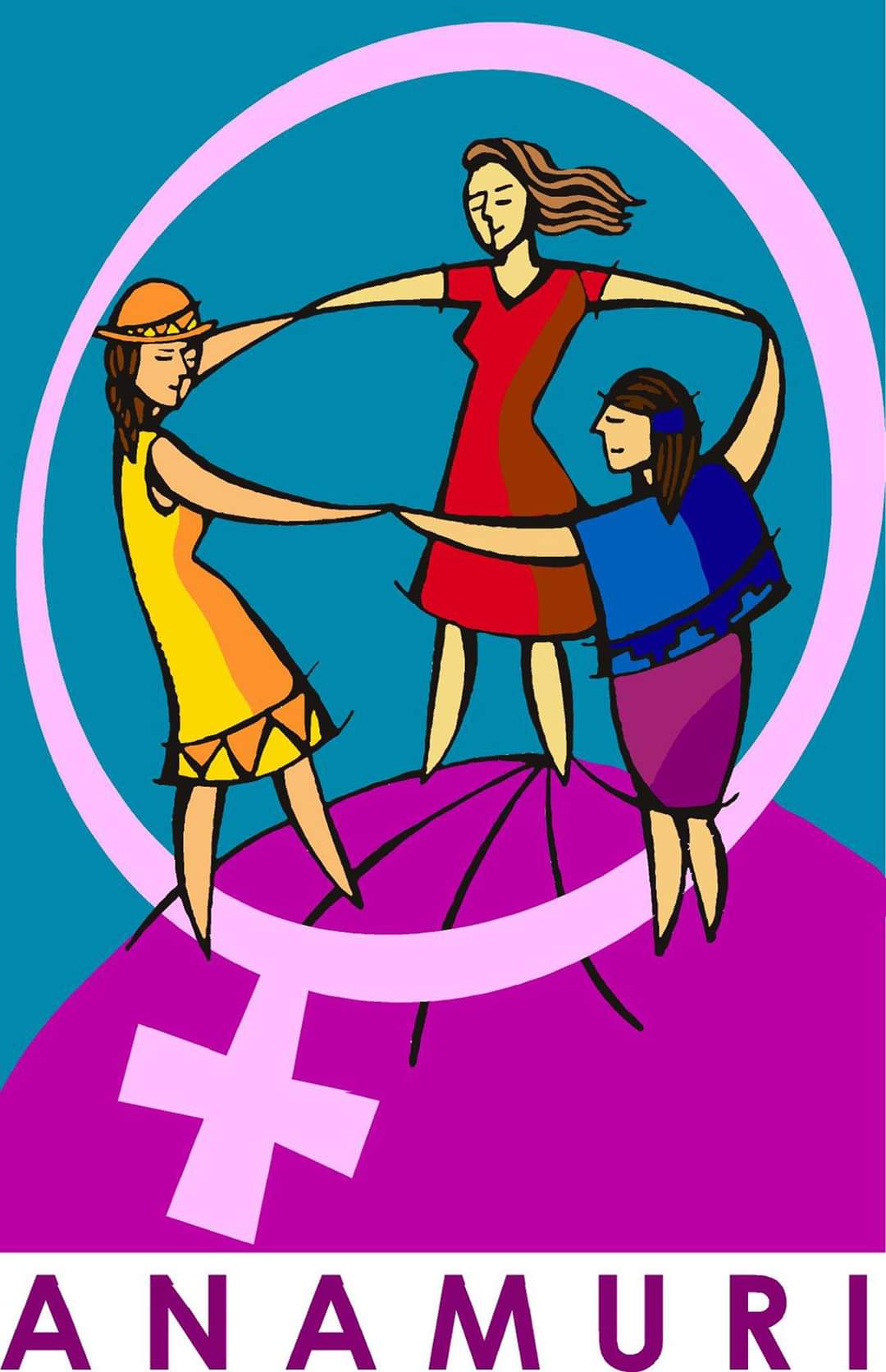

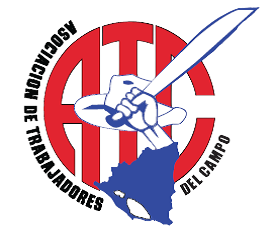
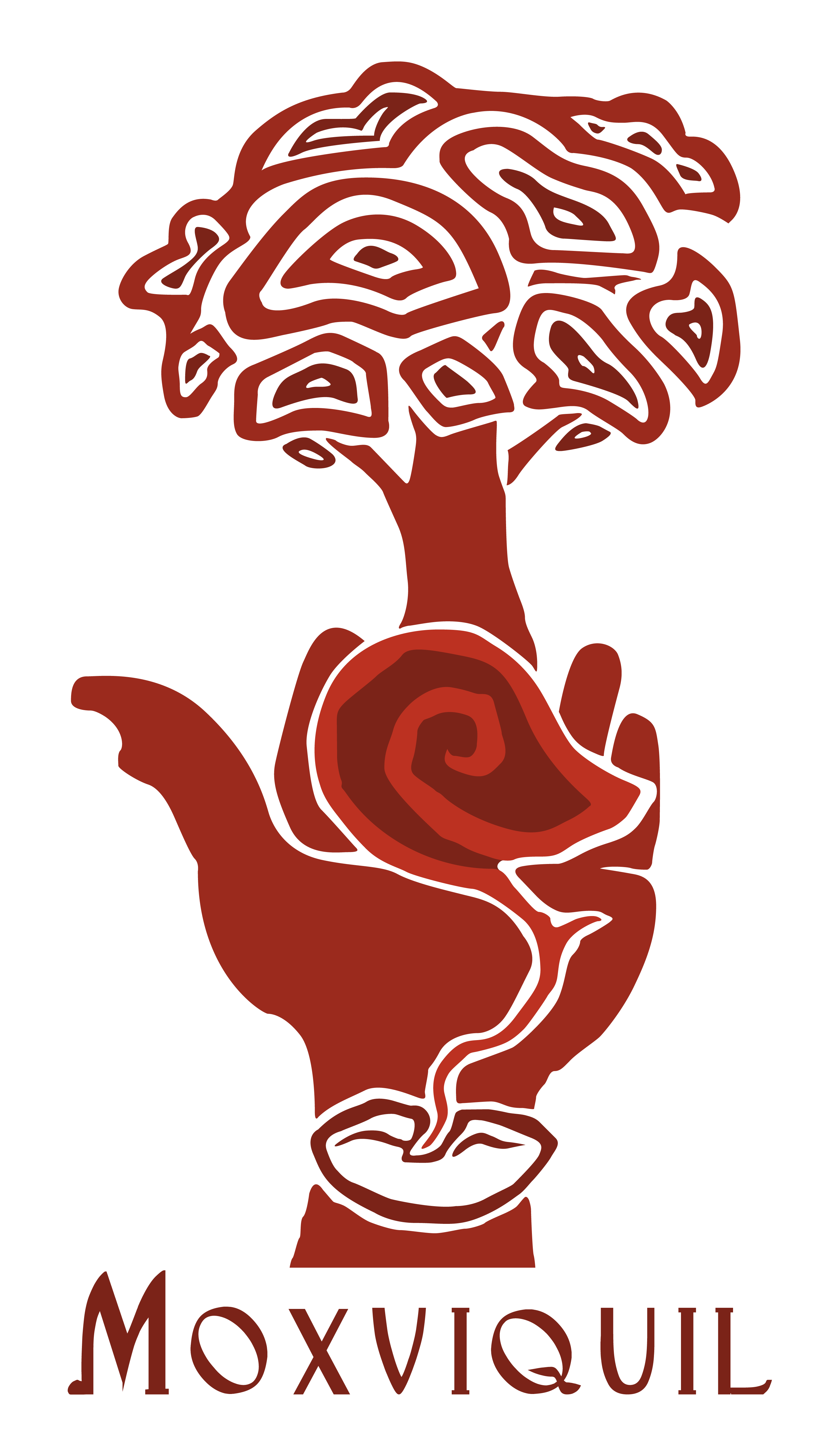
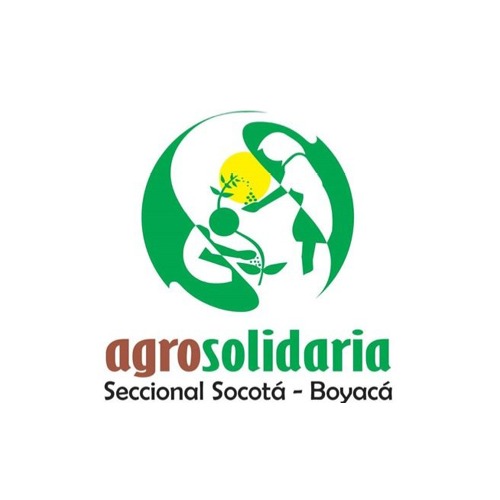
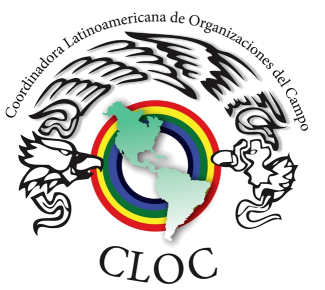
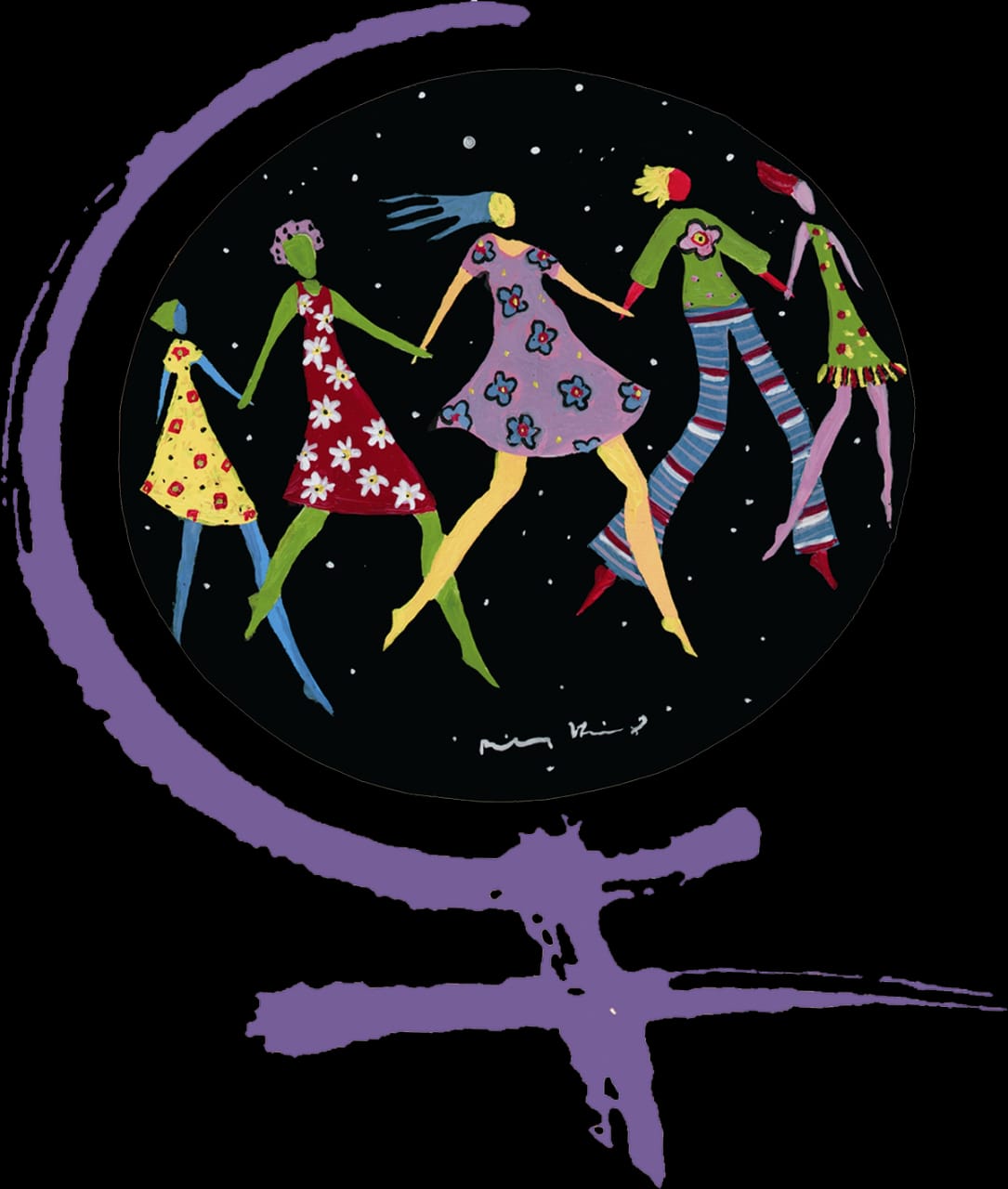
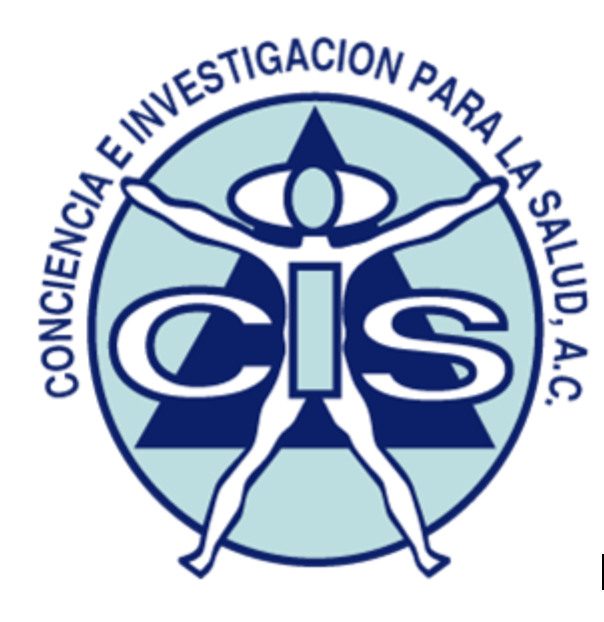
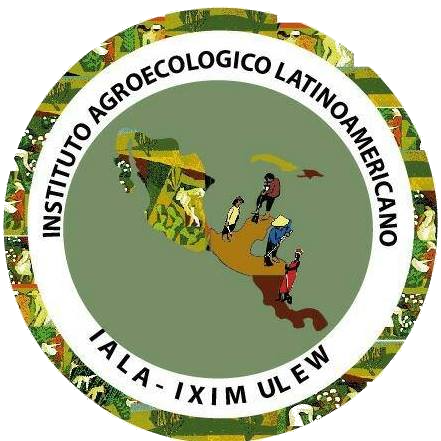
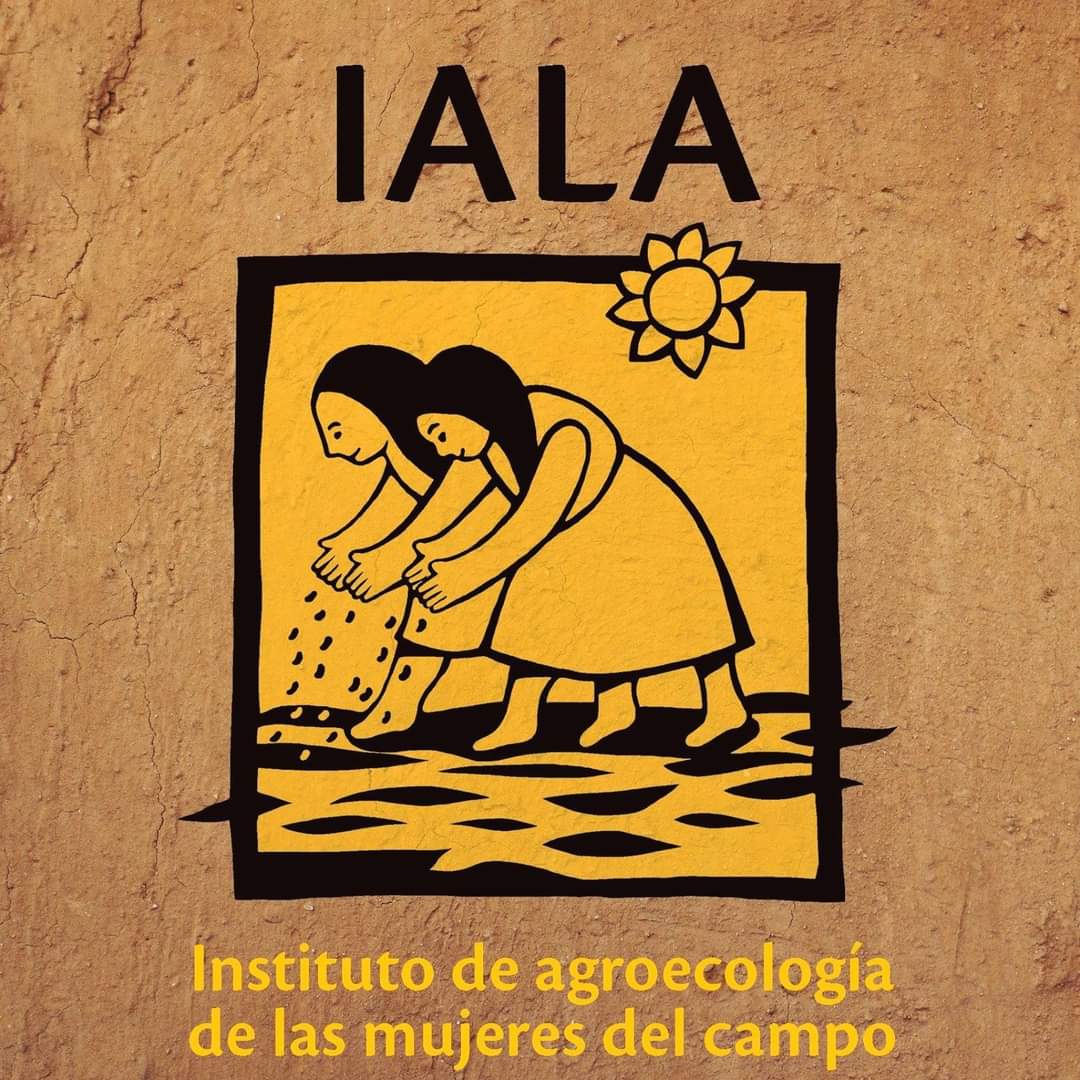
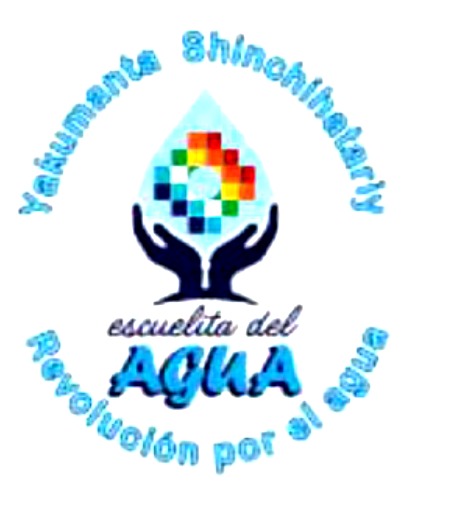
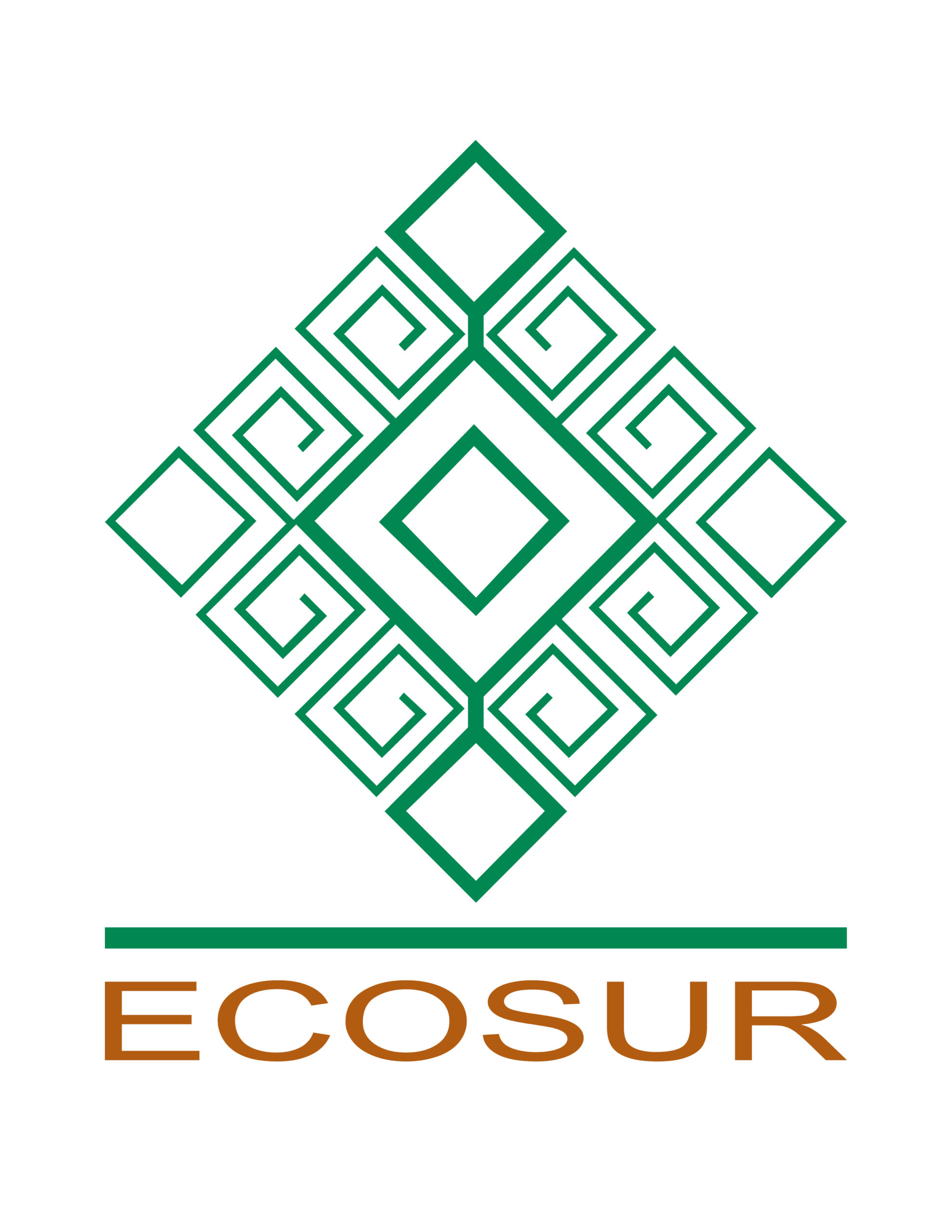
The Colegio de la Frontera Sur (ECOSUR) is a public scientific research center that seeks to contribute to the sustainable development of the southern border of Mexico, Central America and the Caribbean through the generation of knowledge, the training of human resources and the link from the social and natural sciences. Located on the southern border of Mexico, it offers various Postgraduate programs with a social and biological focus, it has multiple disciplines and orientations. This research center is made up of researchers with academic quality endorsed by the National System of Researchers (SNI) of the National Council of Science and Technology (CONACyT).
